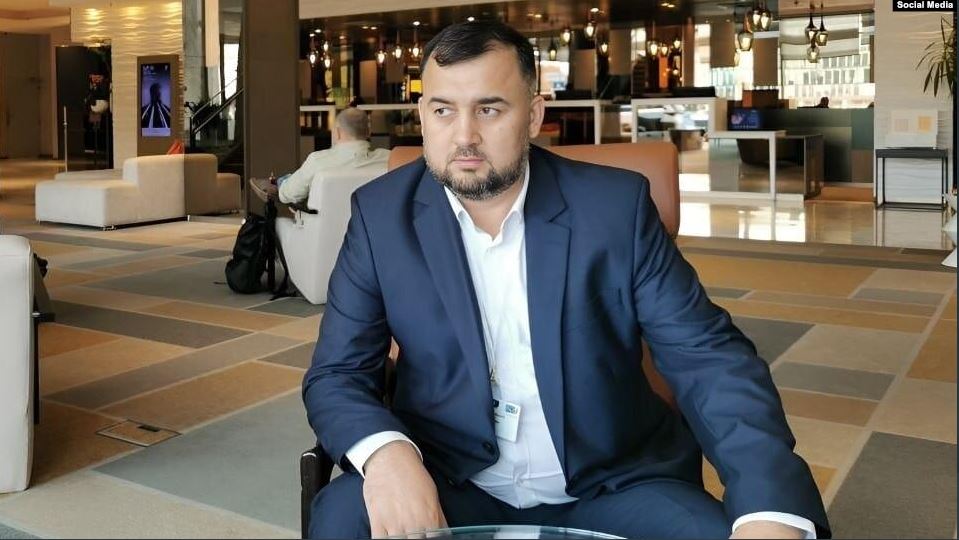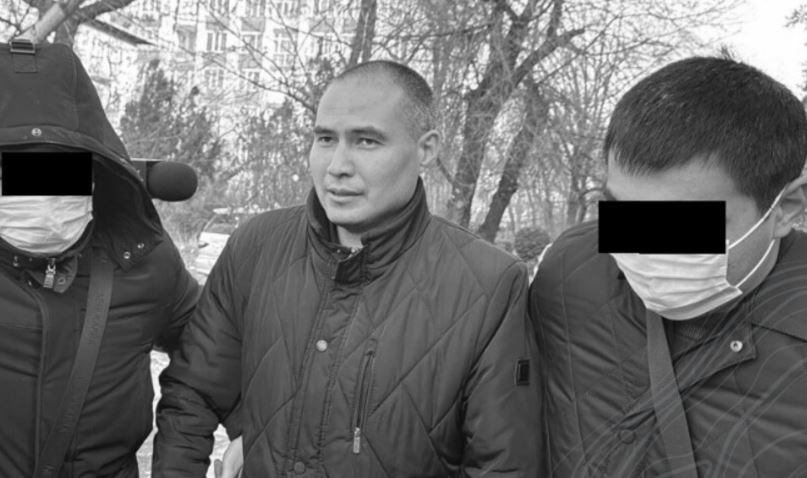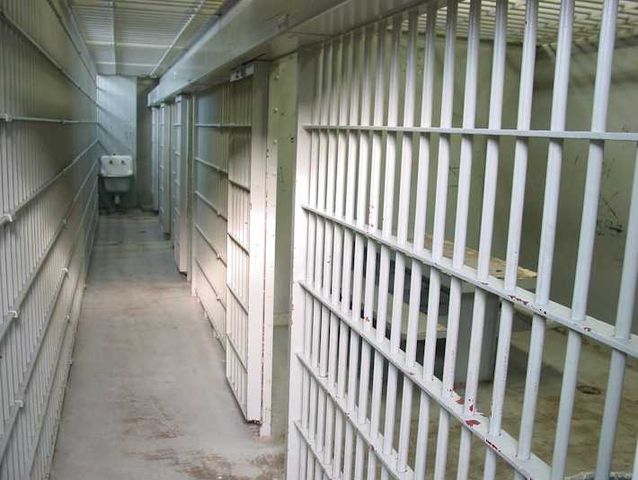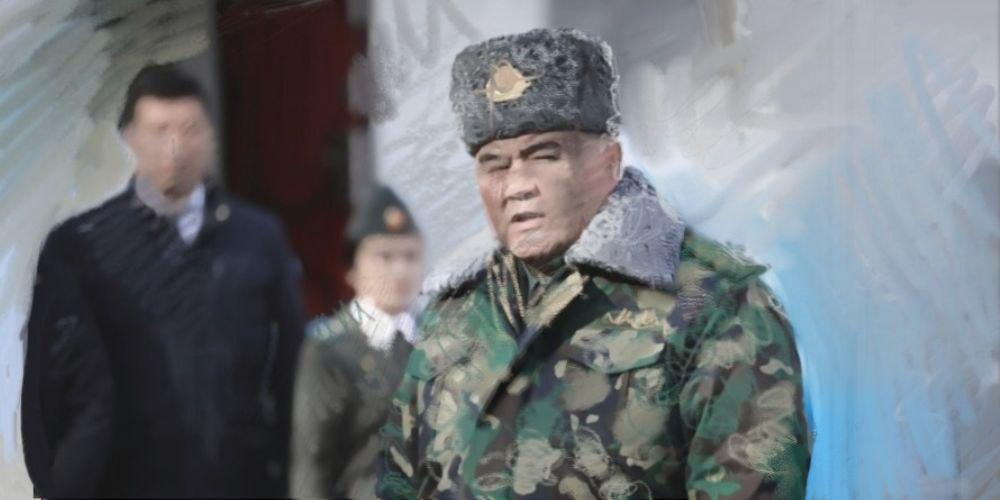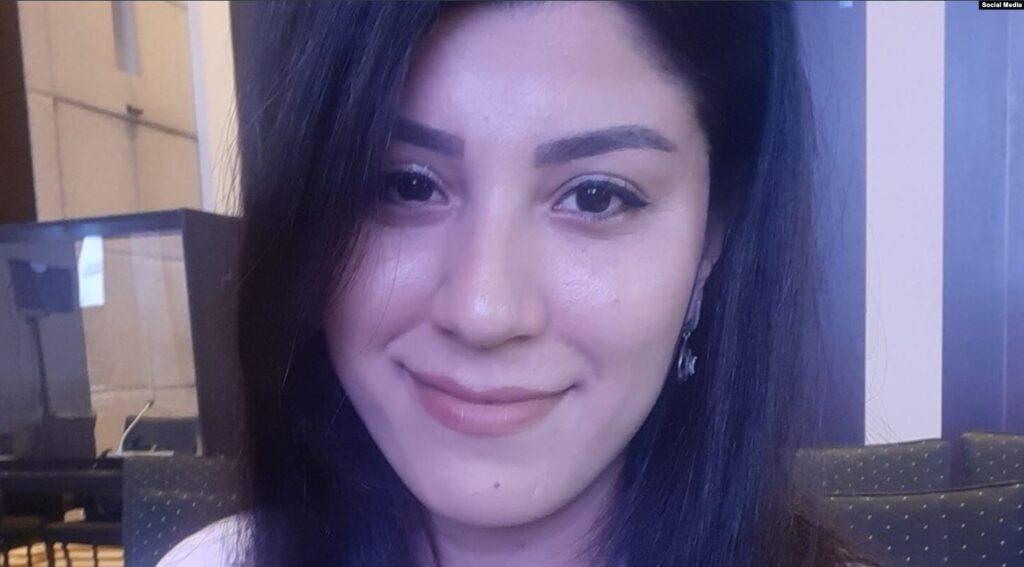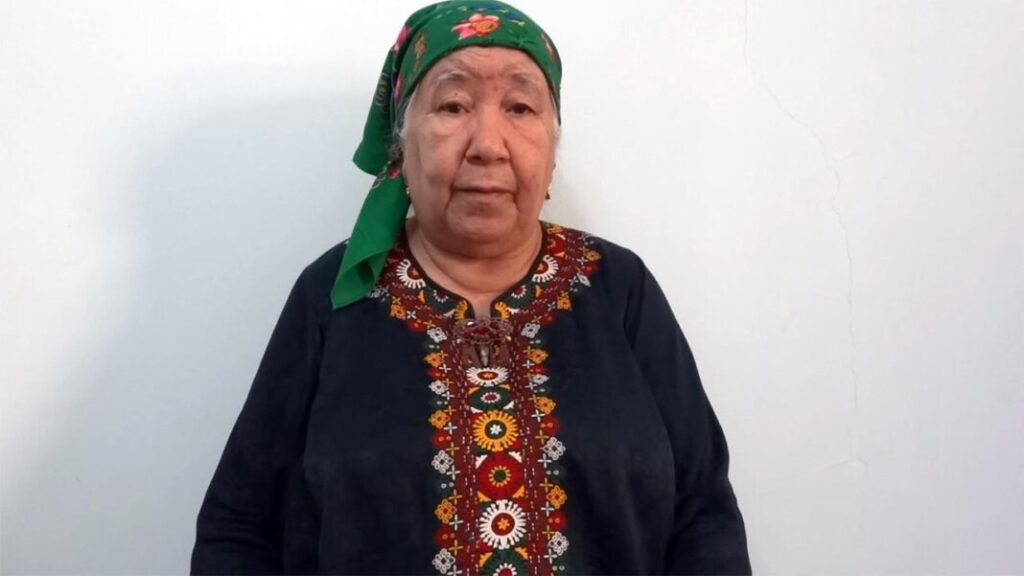Activist in Exile: Tajikistan Pressures Family Over Political Dissent
Mahmadsobir Abdukakhor, an activist associated with the banned Group 24 in Tajikistan, has accused law enforcement agencies in the Rasht District of pressuring his family. According to Abdukahkhor, authorities are demanding that his relatives persuade him to renounce his political activities and return to Tajikistan. “They came to my parents and brother, demanding that they convince me to return and ask for forgiveness from the authorities. But my parents are not responsible for my actions,” Abdukahkhor told Radio Ozodi on December 16. Abdukahkhor stated that such tactics are not new but reaffirmed that he would not stop his political activities or “repent,” as he does not trust the authorities’ assurances. “If I go back, I will either be killed like Umarali Kuwwatov or arrested like Sukhrob Zafar,” he said, referring to other opposition figures. Attempts by Radio Ozodi to obtain comments from Rasht District law enforcement agencies were unsuccessful. Tajik authorities have placed Mahmadsobir Abdukahkhor and other members of Group 24 — a political movement recognized as an extremist organization and banned in the country — on a wanted list. Abdukahkhor initially moved to Russia in 2012, where he ran a business and became involved in the movement before relocating to Europe. In 2014, Tajikistan amended its Criminal Code, allowing individuals accused of extremism to be exonerated if they return and “sincerely repent.” President Emomali Rahmon instructed law enforcement agencies to facilitate the return of such citizens. However, human rights activists claim that despite promises of amnesty, some returnees — including former members of ISIS and the Islamic Renaissance Party of Tajikistan (IRP) — were subsequently arrested and imprisoned.
